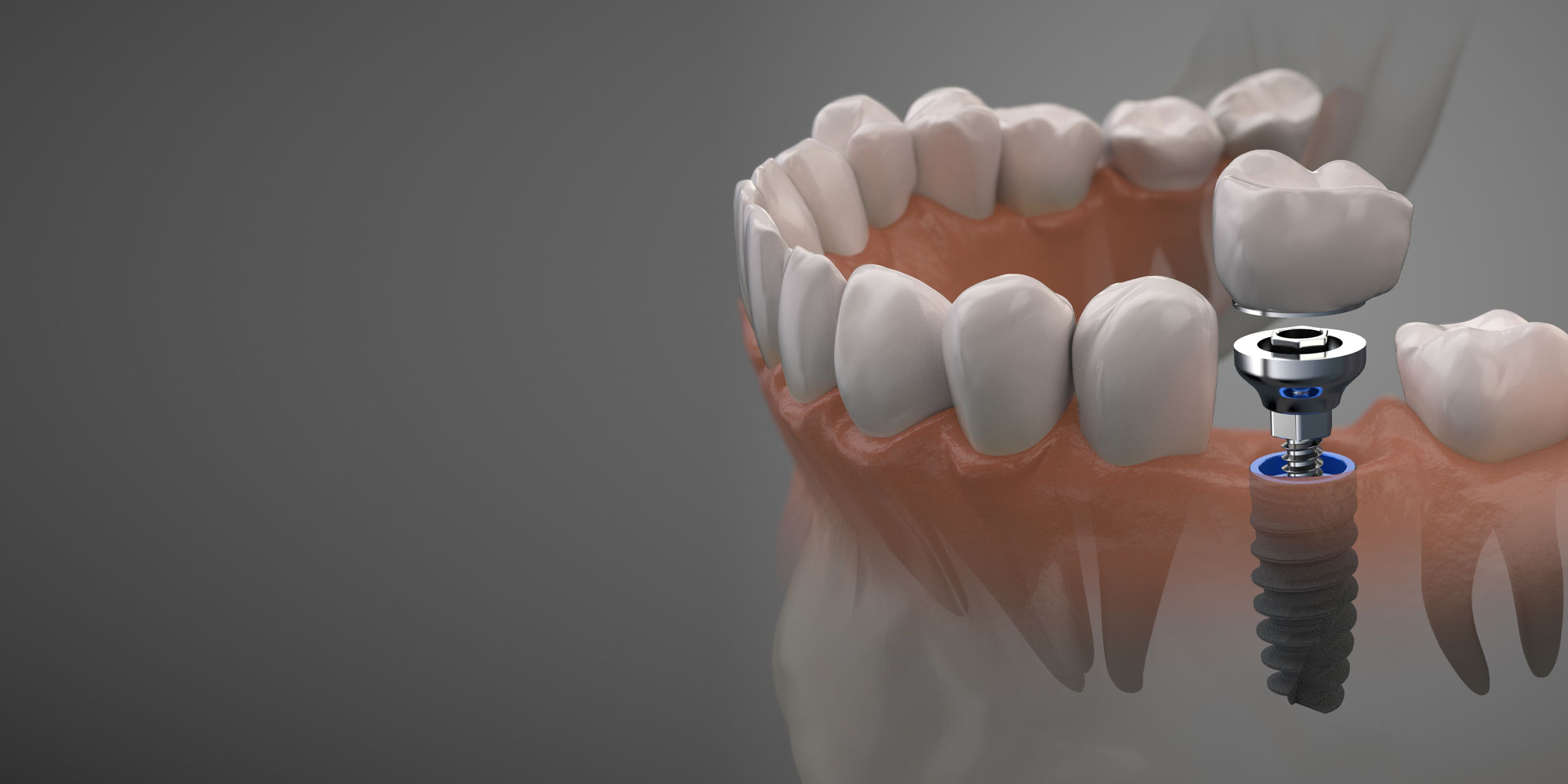
Dental implants have revolutionized the field of dentistry by offering a permanent solution for replacing missing teeth. Among the various types of dental implants, full dental implants provide a comprehensive and long-lasting option for individuals looking to restore their smile and improve their oral health. In this guide, we will explore the numerous benefits of full dental implants and why they are considered a top choice for tooth replacement.
What are Full Dental Implants?
Full dental implants, also known as implant-supported dentures or full-arch implants, are a type of dental restoration that involves replacing an entire arch of missing teeth with a fixed prosthesis supported by dental implants. Unlike traditional dentures that sit on the gums or rely on adhesives for stability, full dental implants are securely anchored in the jawbone, providing a stable and natural-looking solution for patients.
Benefits of Full Dental Implants
1. Improved Aesthetics
- Full dental implants closely resemble natural teeth, providing a seamless and aesthetically pleasing smile.
2. Enhanced Functionality
- Full dental implants restore proper bite function, allowing patients to eat, speak, and chew with confidence.
3. Longevity
- With proper care and maintenance, full dental implants can last a lifetime, eliminating the need for frequent replacements.
4. Bone Health
- Dental implants stimulate the underlying jawbone, preventing bone loss and preserving overall oral health.
5. Enhanced Comfort
- Full dental implants eliminate the discomfort and insecurity often associated with loose-fitting dentures.
6. Improved Self-Confidence
- By restoring a complete and natural-looking smile, full dental implants can boost self-esteem and confidence in social interactions.
Candidacy for Full Dental Implants
While full dental implants offer numerous benefits, not everyone may be a suitable candidate for this treatment. Factors that may affect candidacy include:
- Adequate bone density in the jaw for implant support.
- Overall oral health and absence of gum disease.
- Good general health and the ability to undergo oral surgery.
- Commitment to proper oral hygiene and regular dental visits.
The Full Dental Implant Procedure
The process of getting full dental implants typically involves several steps, including:
- Evaluation and treatment planning by a dental professional.
- Surgical placement of dental implants in the jawbone.
- Healing period to allow the implants to integrate with the bone (osseointegration).
- Placement of the permanent prosthesis, such as a fixed denture, on the implants.
- Follow-up visits to ensure proper healing and function of the implants.
Cost of Full Dental Implants
The cost of full dental implants can vary depending on various factors, including:
- The number of implants needed.
- The complexity of the case.
- The location of the dental practice.
- The type of prosthesis used (such as implant-supported dentures).
While the initial cost of full dental implants may be higher than other tooth replacement options, their long-term benefits and durability make them a worthwhile investment in oral health.
Conclusion
Full dental implants offer a comprehensive and effective solution for individuals seeking to restore their smile and improve their quality of life. With a wide range of benefits, including improved aesthetics, enhanced functionality, and long-term durability, full dental implants have become a preferred choice for many patients. If you are considering full dental implants as a tooth replacement option, consult with a dental professional to determine if you are a suitable candidate and to learn more about the procedure and potential outcomes.